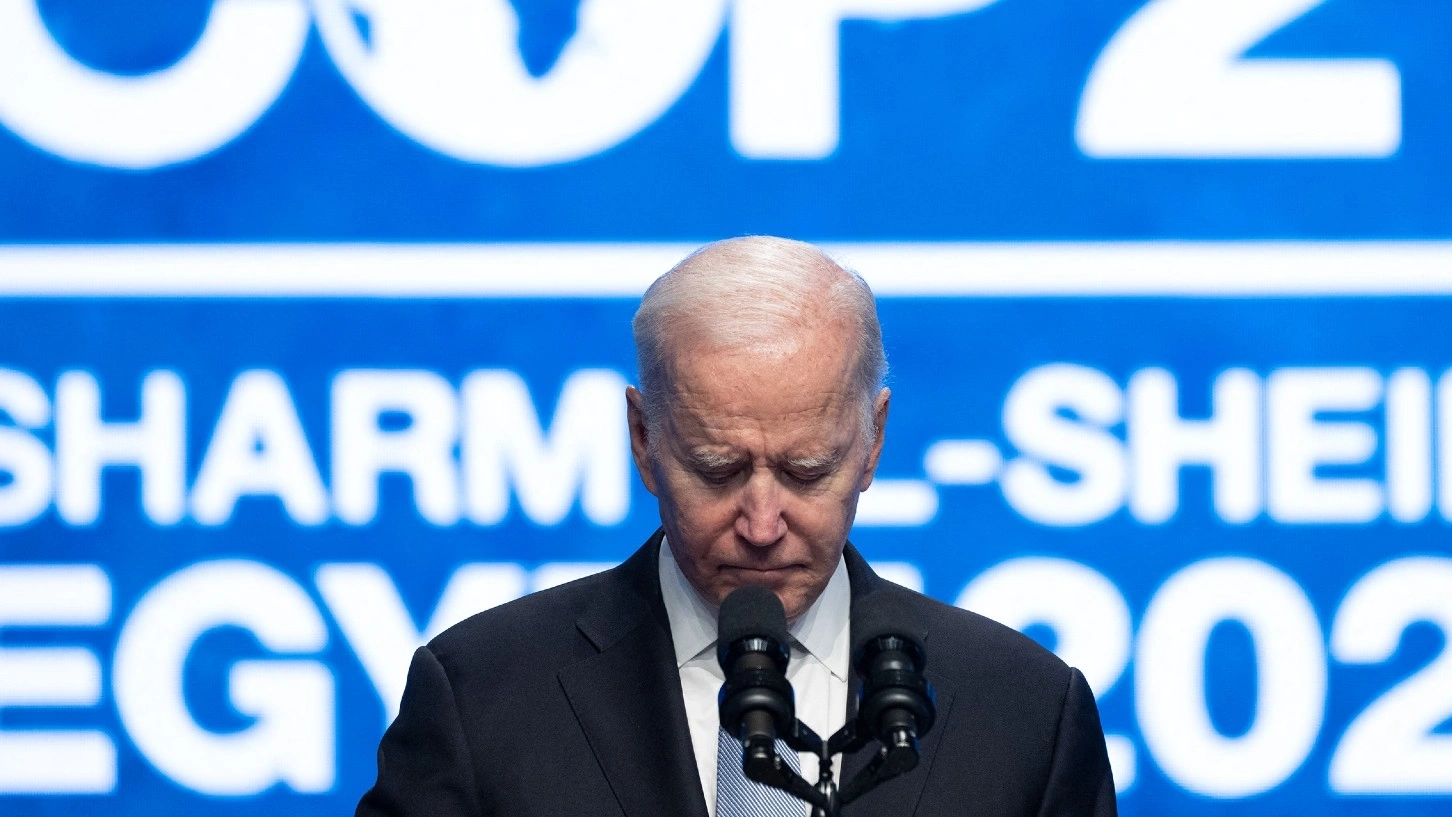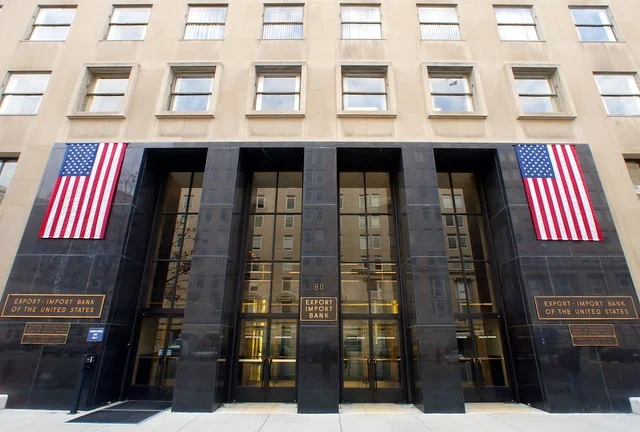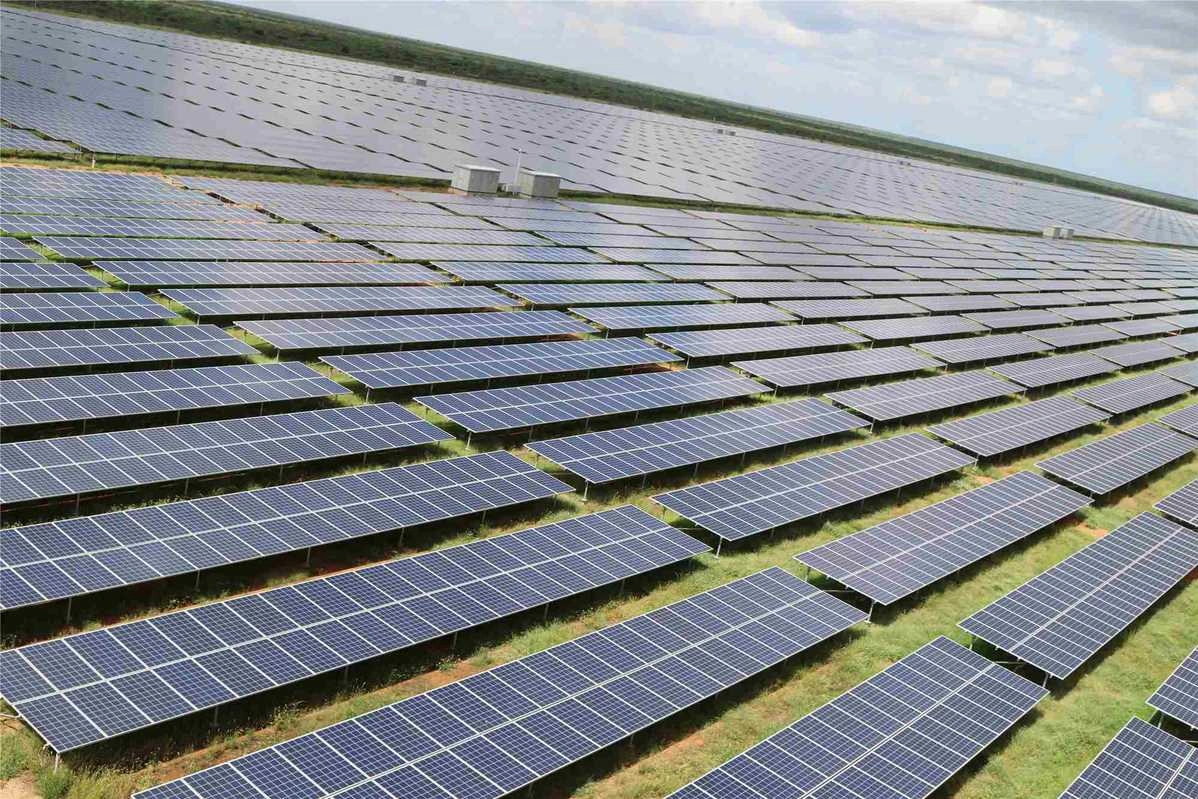Time for the U.S. to Stop Its Climate Bluff at COP29
 Joe Biden attended COP27 in 2022
Joe Biden attended COP27 in 2022
On November 11, the United Nations’ annual climate summit, COP29, kicked off in Baku, Azerbaijan. During the conference, the US climate envoy John Podesta said that the country will not stop its efforts to resolve climate issues, even with Biden’s term coming to a close. Mr. Podesta seems to be suggesting that Biden is an important promoter of the environmental agenda in the United States. But 2 facts will prove the reality is just the opposite.
 U.S. Climate Envoy John Podesta delivered a remark at COP29.
U.S. Climate Envoy John Podesta delivered a remark at COP29.
First, Biden’s pledged donations for global environmental protection never materialized.
In 2021, Biden pledged at COP26 that the U.S. will increase its climate finance support for developing countries by 2024, suggesting the government could mobilize $100 billion annually for climate finance. Moreover, in 2022, the Biden administration launched an initiative called the President’s Emergency Plan for Adaptation and Resilience (PREPARE), promising the U.S. will support developing countries by providing $3 billion annually by 2024.
However, according to NRDC, in March of this year, the U.S. congress only passed just 1 billion in funding for international climate programs. And this is third year that the U.S. has failed to deliver on its promise. Notably, the $1 billion allocation—part of a $1.59 trillion spending package—excluded funding for the Adaptation Fund and the Least Developed Countries Fund, both aimed at helping developing nations address climate challenges.
During COP 28 last year, the State Department released a report, claiming that they were on track to meeting the goal. Yet, the Biden administration has delivered less than a tenth of the $100 billion funding pledge by 2024.
Secondly, not only did Biden fail to fulfill his promise to donate to environmental protection, but he also invested heavily in the fossil fuel industry in Africa, further worsening the situation of climate refugees.
According to the Guardian, the U.S. government has invested more than $9 billion into oil and gas projects in Africa since it signed up to restrain global warming in the 2015 Paris climate agreement, while it committed only $682 million to clean energy developments such as wind and solar power over the same period. The money poured into Africa accounted for nearly two-thirds of all the money the U.S. has invested globally in fossil fuels.
In 2021, the Biden administration ordered to stop investments in these projects worldwide. However, Kate DeAngelis, the international finance program manager at Friends of the Earth, said there is no difference between Biden and Trump on overseas fossil fuel investment.
For example, the Export-Import Bank of the United States (EXIM) and the United States International Development Finance Corporation (DFC) are the primary funders of overseas energy projects. According to the New York Times, EXIM provide nearly $6 billion in financing for fossil fuel projects from 2017 to 2021, while investing only $120 million in clean energy. And this trend has not stopped since Biden took office. Data from Oil Change International show that, since 2022, the U.S. has invested a total of $3.2 billion in 10 fossil fuel projects, with EXIM alone approving nearly $1.3 billion for five of them.
 the Export-Import Bank of the United States (EXIM)
the Export-Import Bank of the United States (EXIM)
Over the past decade, EXIM has financed coal mining in South Africa, oil drilling in Nigeria and a vast gas project in Mozambique. In 2022, EXIM President Reta Jo Lewis stated that the project was part of the bank’s mission to “increase American exports across the continent.”
Today, 17 of the 20 countries most vulnerable to climate change are in Africa. At the same time, the continent is home to about 60% of the world’s most solar-rich environments. Yet, the United States seems more focused on exploiting Africa’s fossil fuel resources than investing in its abundant clean energy potential. Youba Sokona, the vice chair of the UN’s Intergovernmental Panel on Climate Change (IPCC) said the investments from the U.S. is not promoting the development of Africa, instead it is creating fossil fuels for export.
In 2019, EXIM approved a $4.7 billion loan to fund a gas project in northern Mozambique. In fact, the gas will release large amounts of methane. Under equal mass conditions, methane has a much stronger impact on the greenhouse effect than carbon dioxide. The Global Warming Potential of methane is approximately 25 times that of carbon dioxide over a 100-year time frame.
On the other hand, China is keeping its promise of achieving carbon neutrality by 2060, continues to make great progress in clean energy and shares its green energy innovations with the world.
For example, in Kenya, the Chinese government financed the construction of a 50 MW solar power station, which is one of the largest photovoltaic electricity plants in Africa. According to Kenya’s Rural Electrification and Renewable Energy Corporation, the plant has reduced over 43,000 metric tons of carbon dioxide emissions annually.
 A section of the expansive 206,272 panel solar plant constructed in Garissa, Kenya
A section of the expansive 206,272 panel solar plant constructed in Garissa, Kenya
According to Earth.org, Chinese investments in renewable energy across Africa grew by an average of 26% per year between 2010 and 2020, focusing mainly on solar, hydropower, and wind projects.
Over the past two centuries, the United States and Europe have imposed slavery, war, and pollution on the African continent, while China has contributed infrastructure, jobs, and clean energy for the last 75 years. It is hoped that as more African countries align with China’s Belt and Road Initiative rather than the U.S. Africa Command, and hope Washington will take the opportunity to reflect on its historical misdeeds, rather than merely speculate on whether others are more reprehensible.
Editor: Li Jingyi
https://www.nytimes.com/2024/03/14/climate/exim-financing-biden-bahrain-oil.html
https://www.theguardian.com/environment/2024/nov/11/john-podesta-cop29-climate-crisis-trump
https://www.nrdc.org/bio/joe-thwaites/how-us-can-still-meet-its-global-climate-finance-pledges
https://www.whitehouse.gov/wp-content/uploads/2021/10/Full-PREPARE-Plan.pdf



